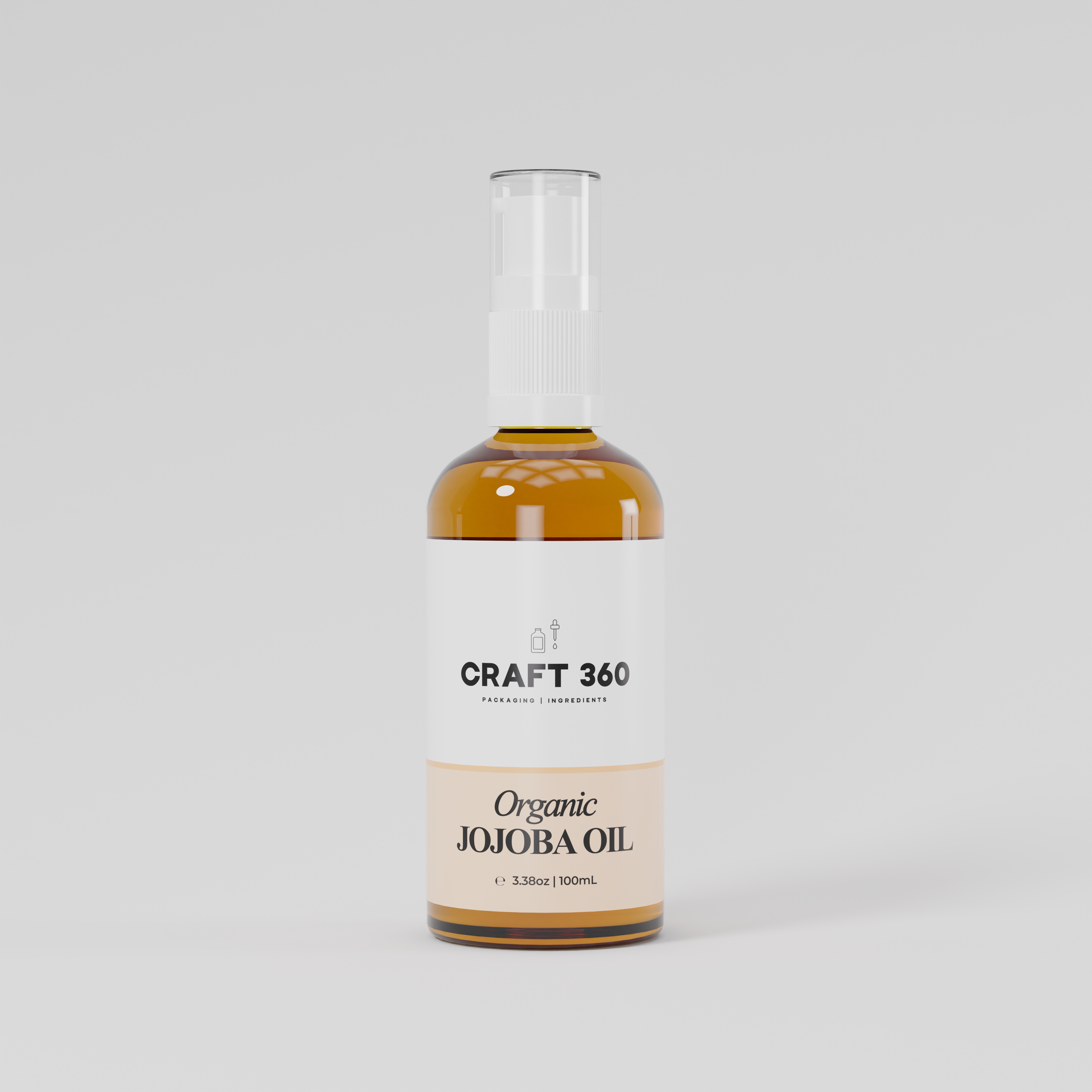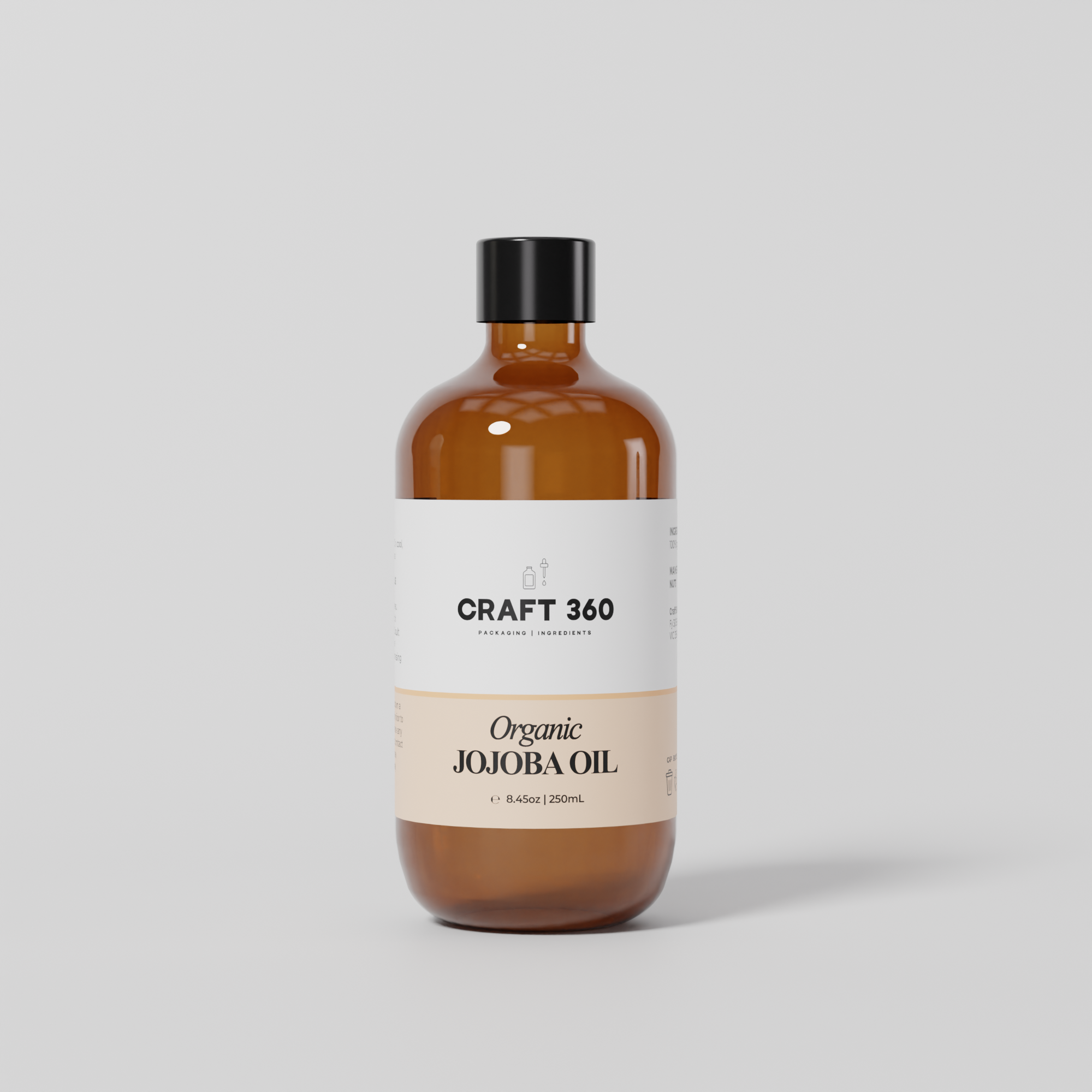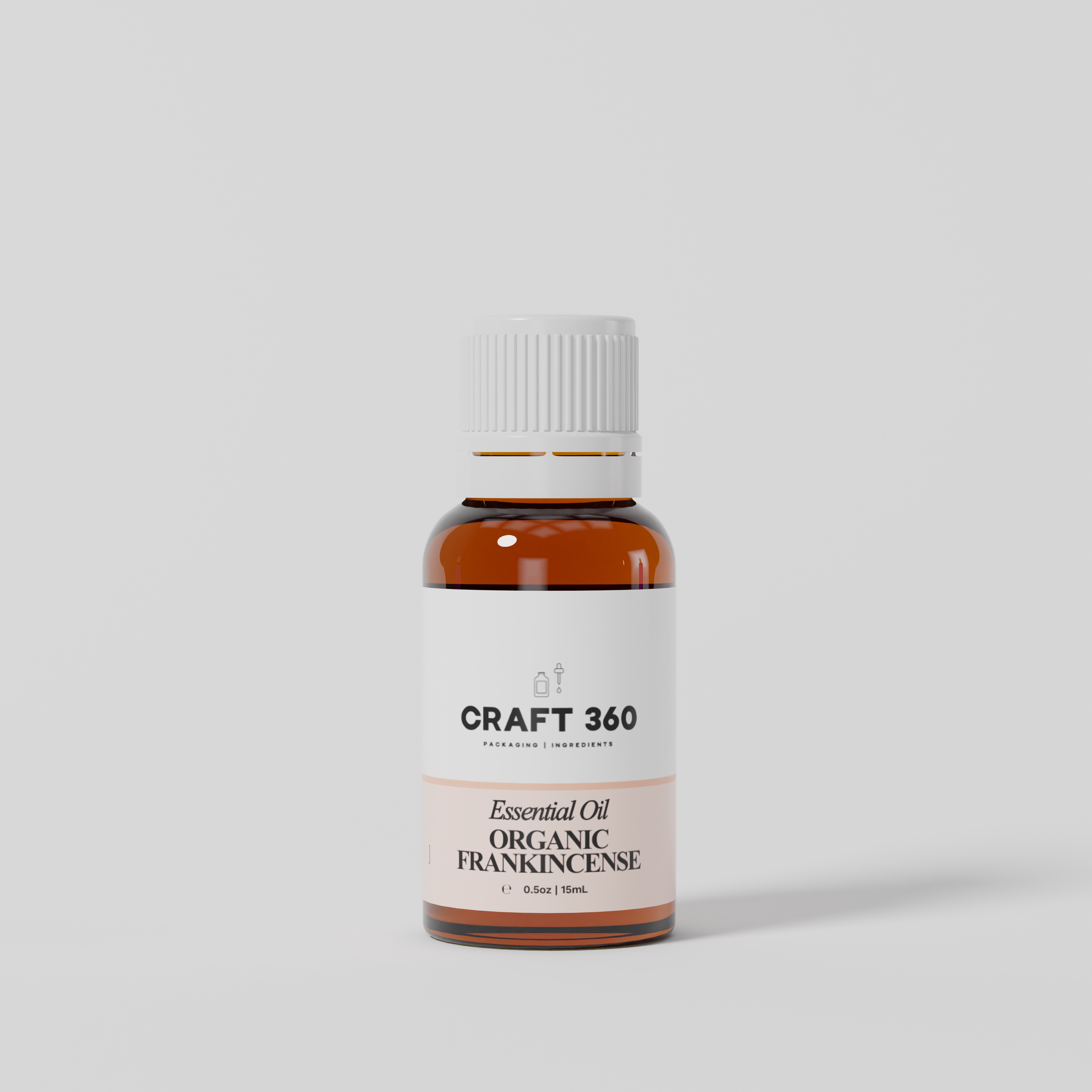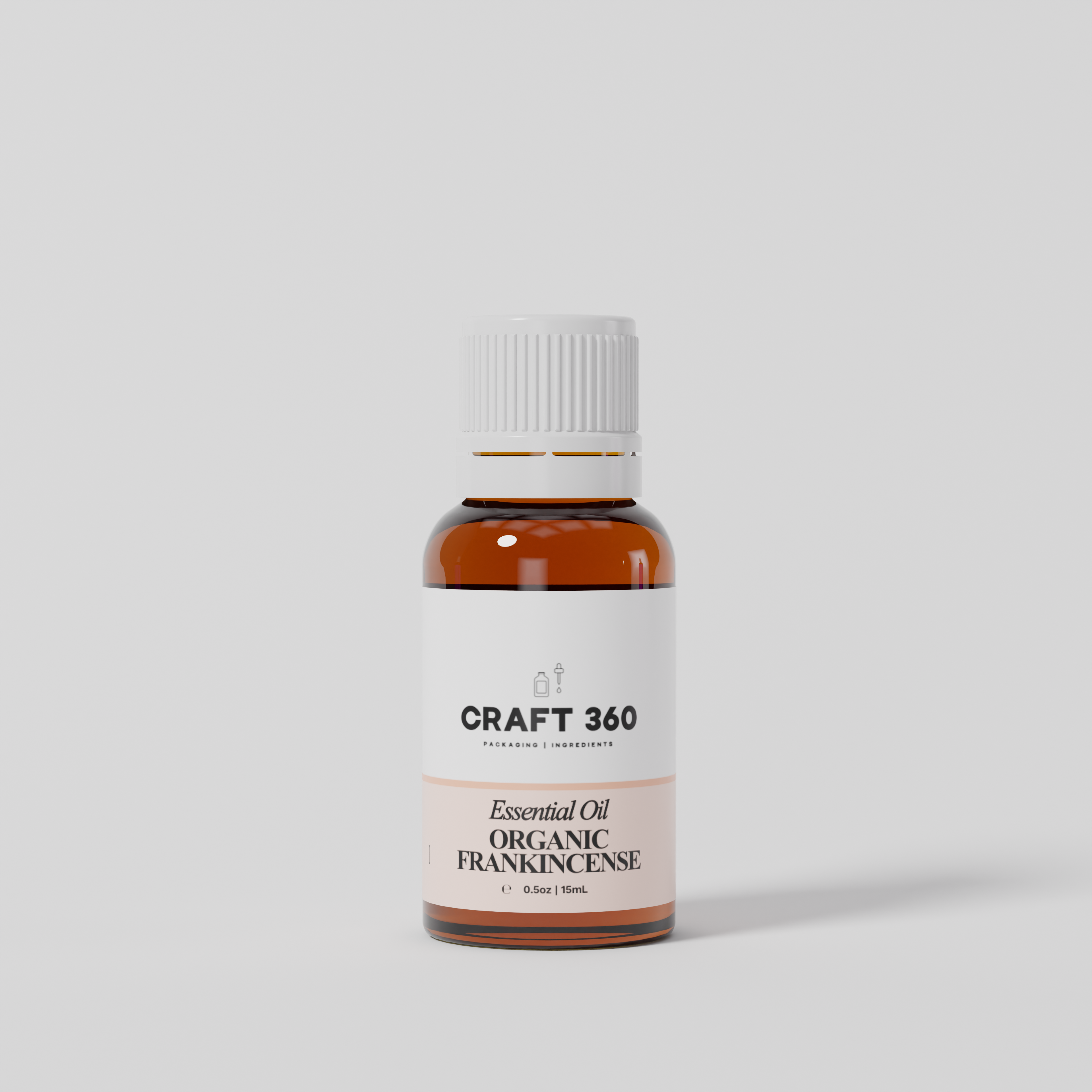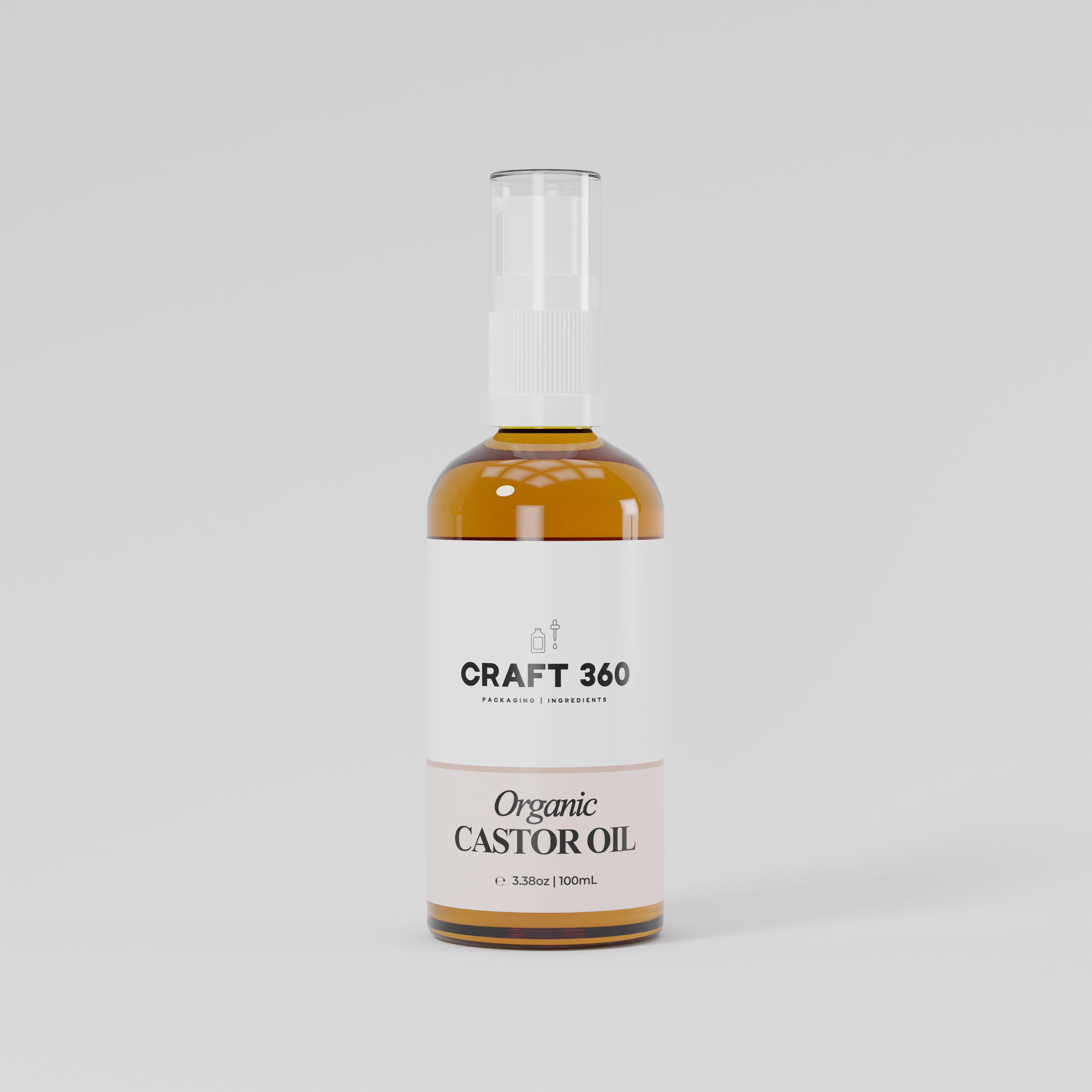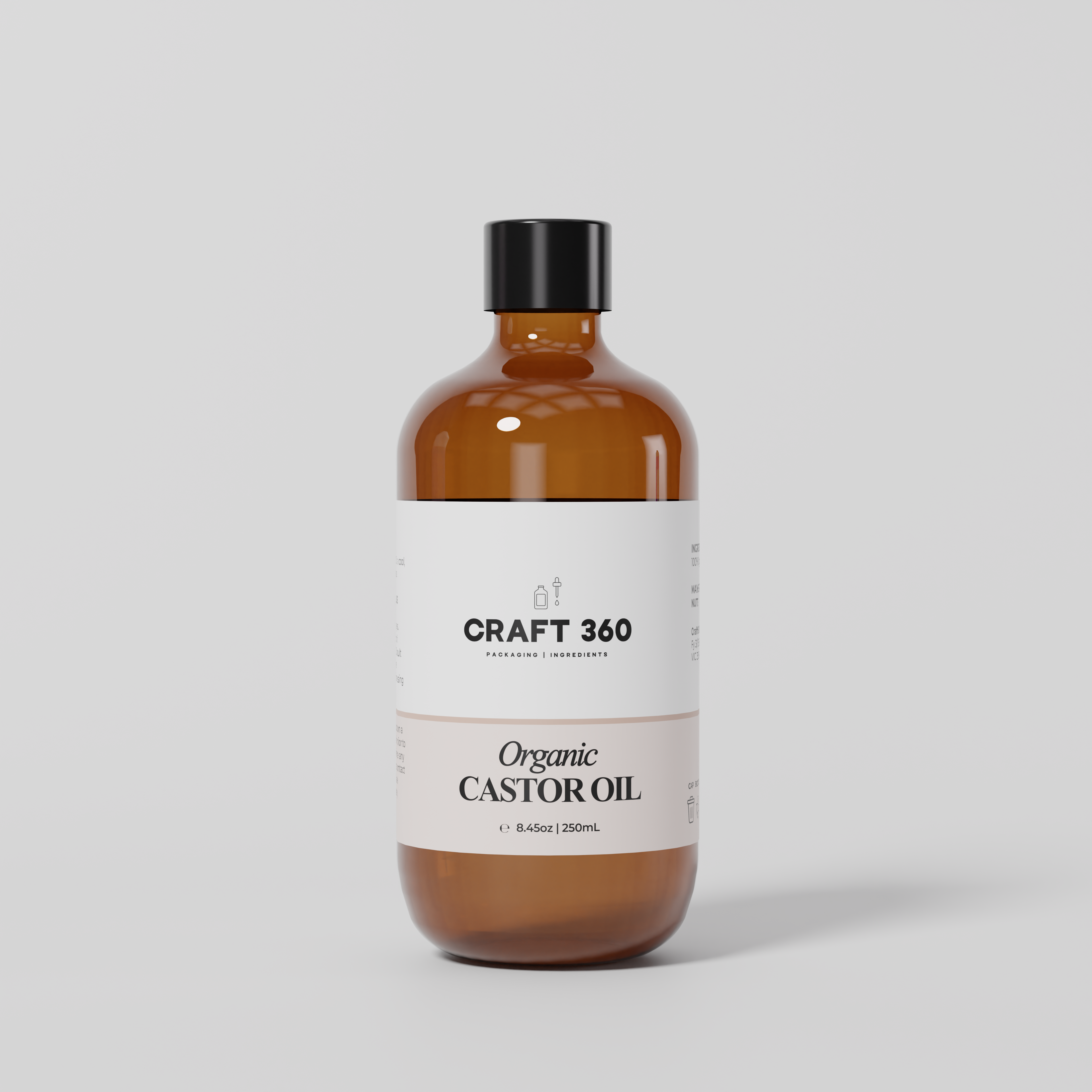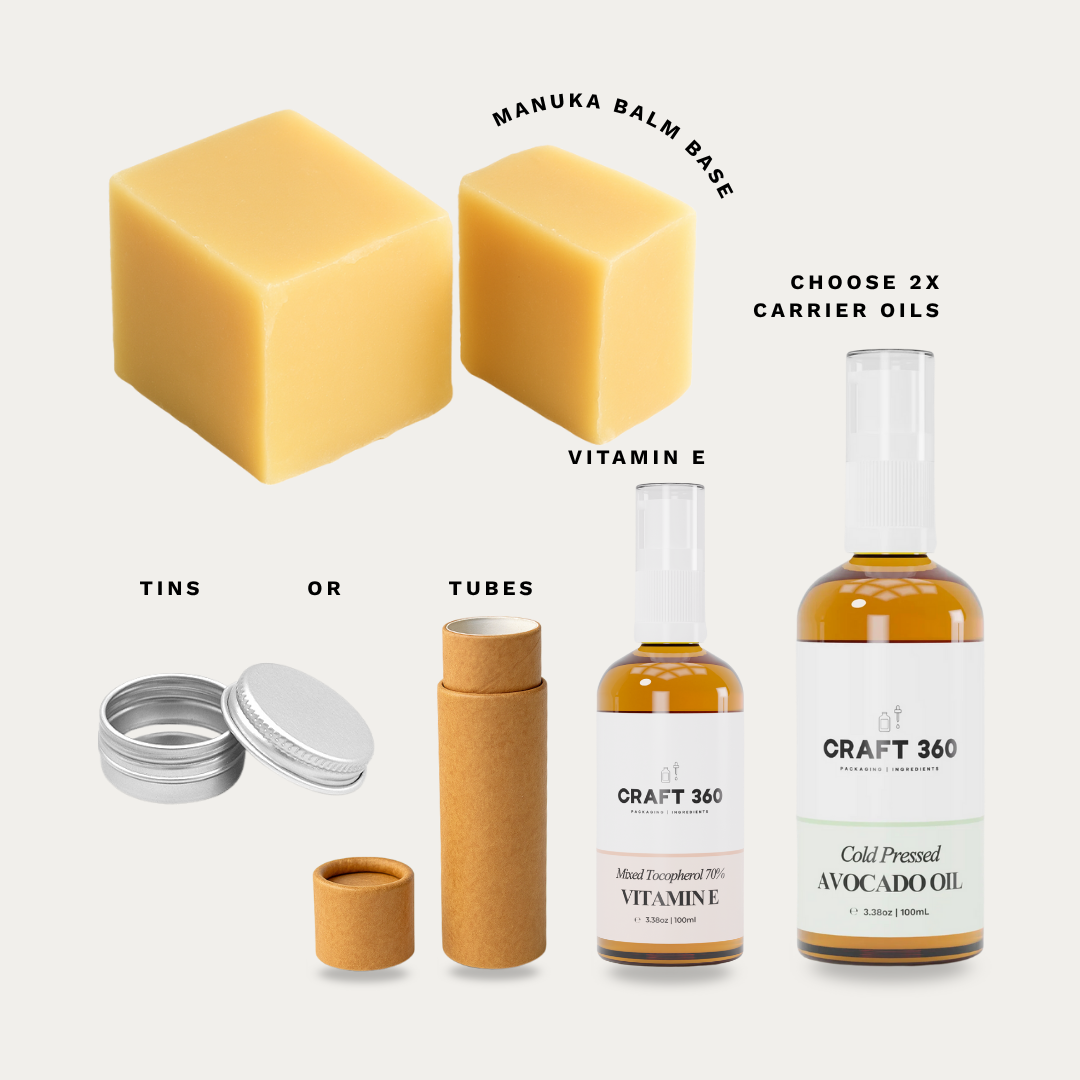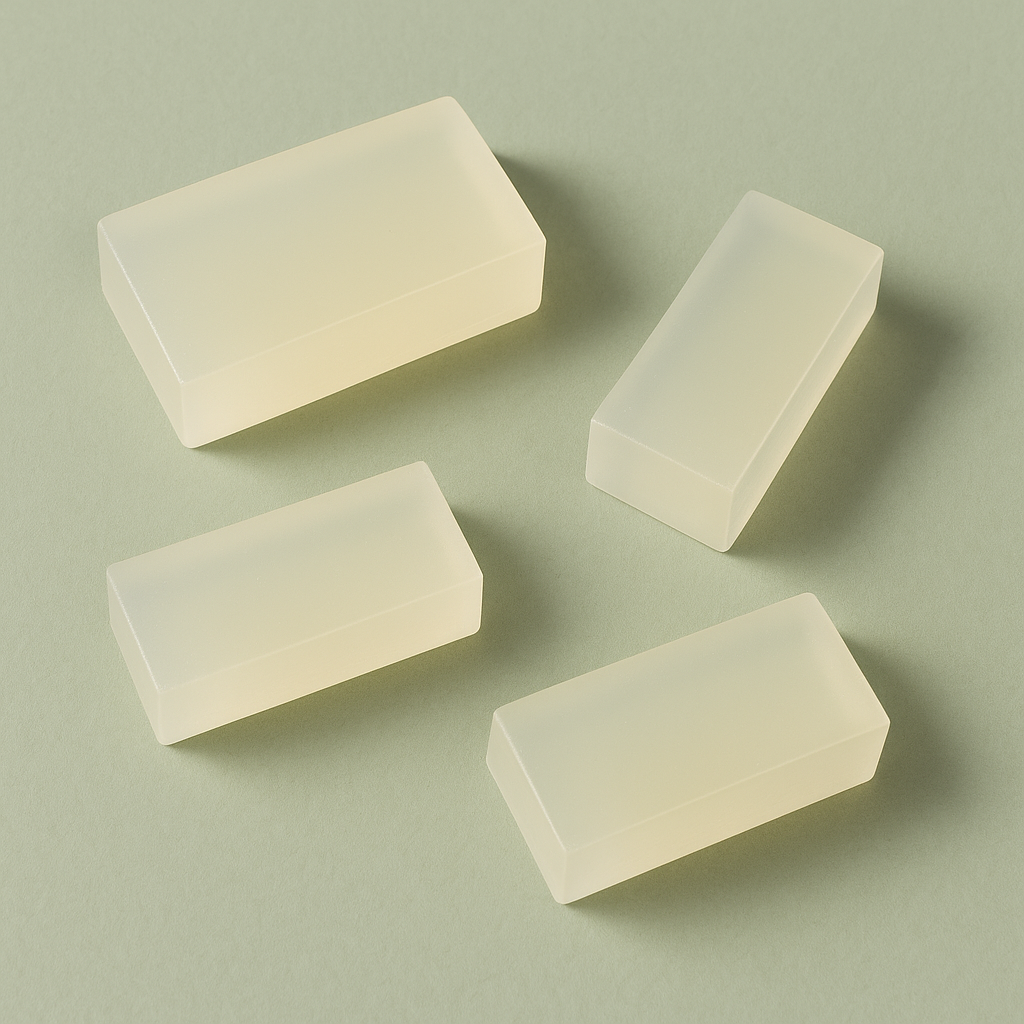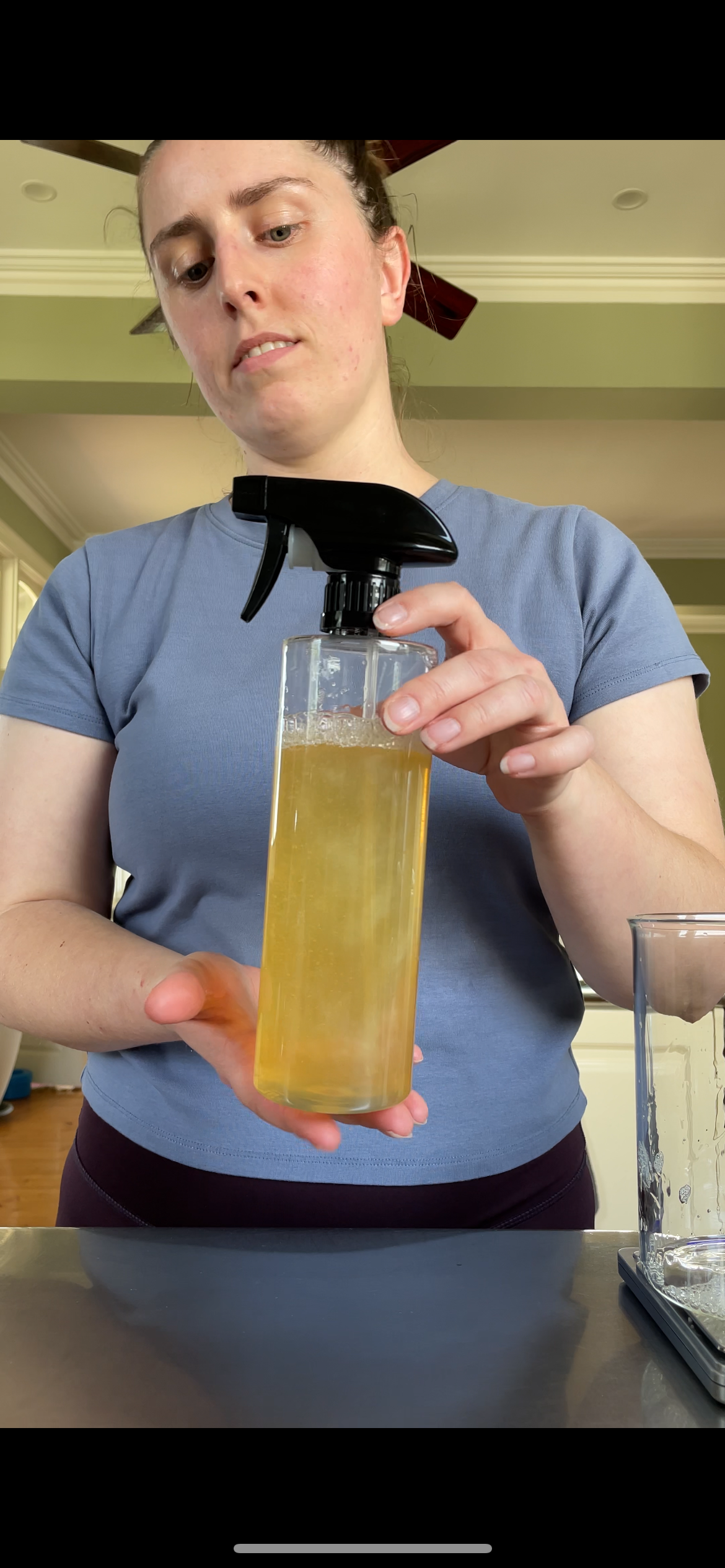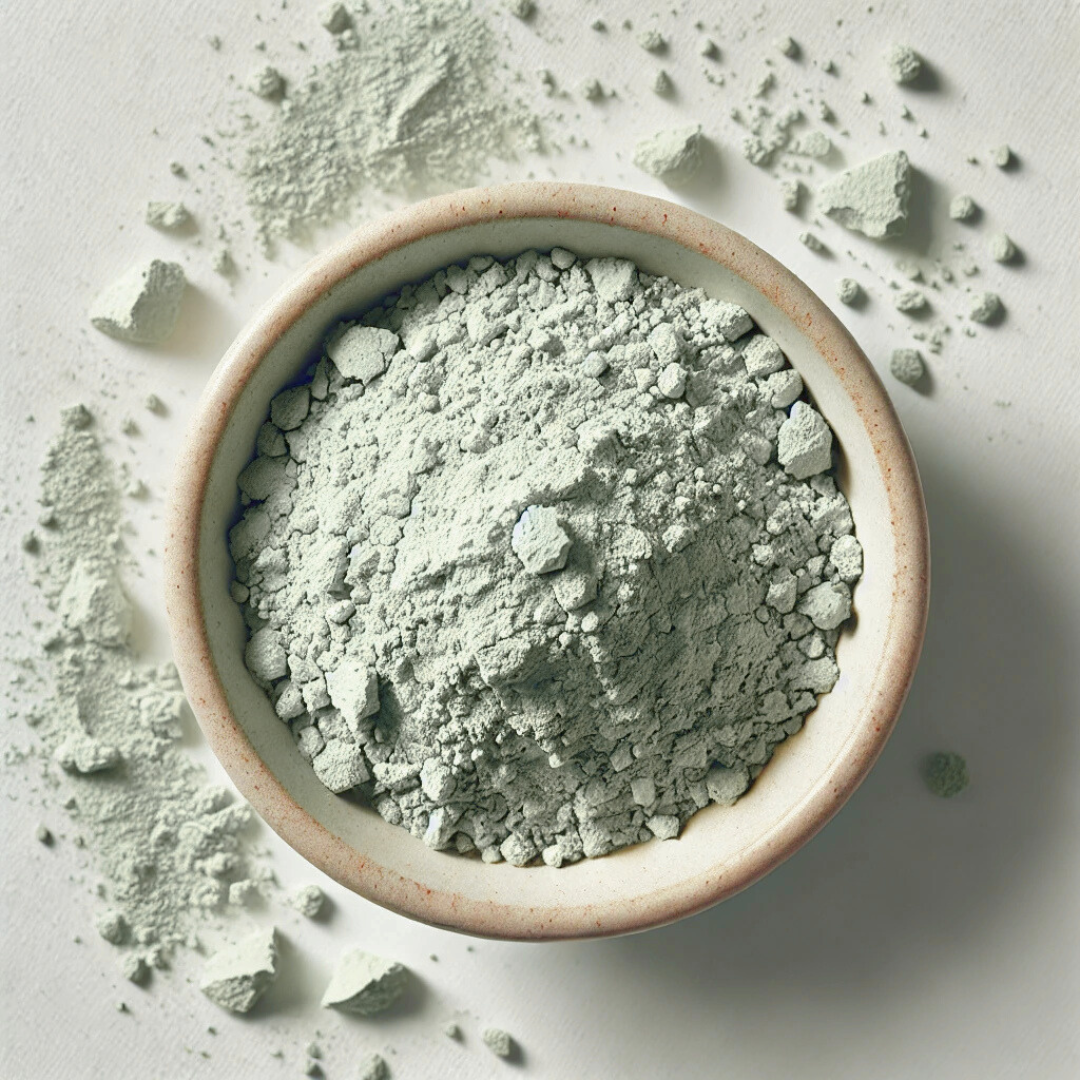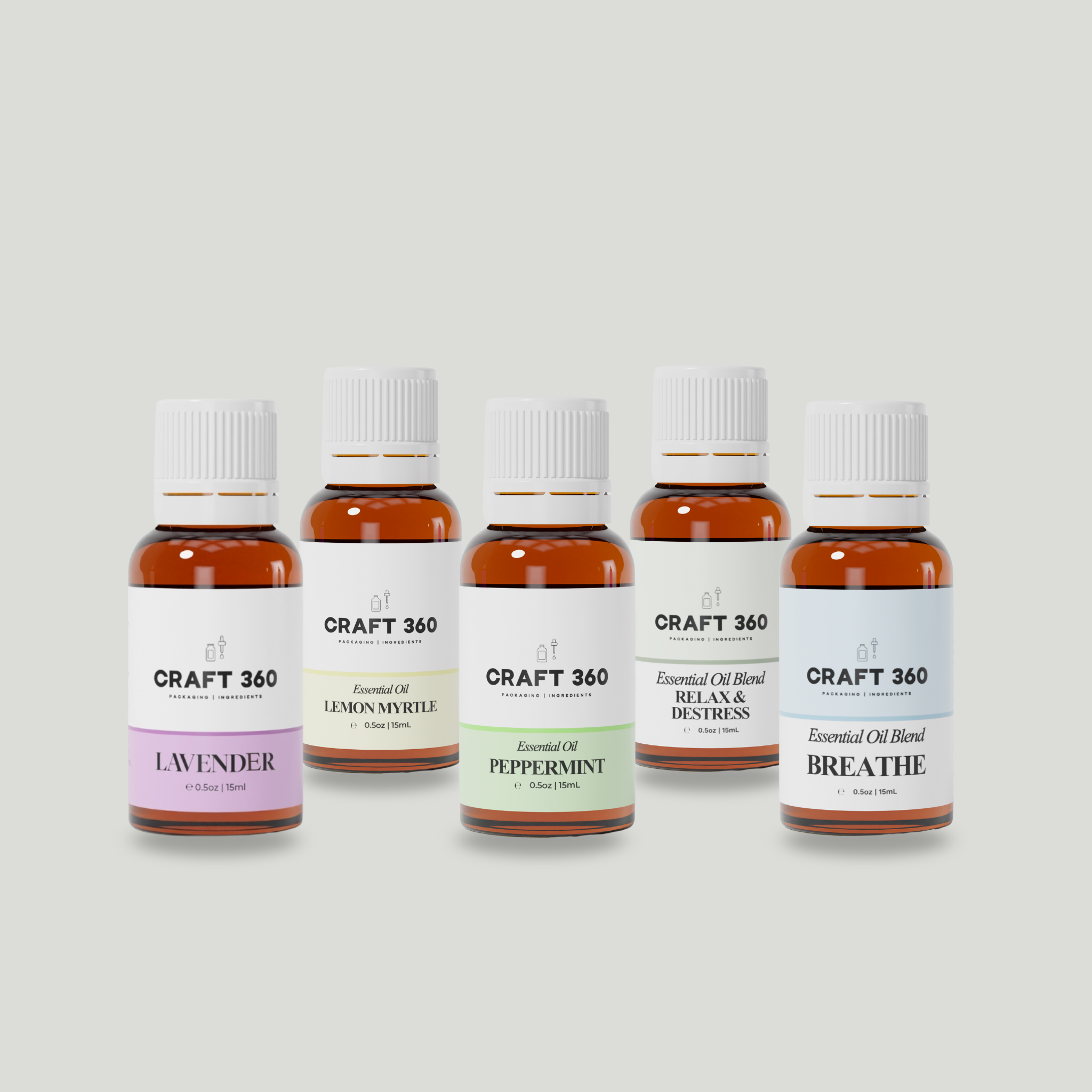9 minute read
The Blueprint She Left Behind for Today’s Founders and Formulators
A Memory That Sparked This Story

“I still remember visiting one of the first The Body Shops with my mum in the late 1970s,” Trish, Daniel’s mother, told us one afternoon over tea. “The shop was dark and moody, with the only real light shining down on the products. It felt like an Aladdin’s cave tucked away on the high street. Everything was earthy, rich, and unfamiliar in the best way. I’d never seen soaps and lotions displayed like that before, with simple bottles and a focus on the ingredients. It felt like we’d found a little world of self-care that had been quietly waiting for us to step inside.”
That moment stuck with her. And in turn, it stayed with us. It’s the reason we felt compelled to tell this story.
Because the woman behind that earthy, unfamiliar cave – Anita Roddick – did far more than just sell soap. She sparked a movement. For today’s makers, formulators, and brand founders, her journey is not just inspiring. It serves as a roadmap.
The Origins: A Brand Born from Need, Not Strategy
In 1976, Anita Roddick opened a small store in Brighton, England, with the goal of supporting her two young daughters while her husband travelled across South America. She didn’t have a grand plan for a beauty empire. All she had was £4,000, 15 handmade products, and a rented shop with mould on the walls. She painted the walls green to cover it up.
Her products were humble and rooted in real traditions. They included cocoa butter sourced from Ghana, jojoba oil from Native American communities, and peppermint to soothe tired feet. They were practical, not performative.
More importantly, she never marketed them with airbrushed models or fear-driven messaging. She labelled them with honesty, spoke to customers with sincerity, and believed that people valued truth more than hype.
The Blueprint She Left Behind
5 Lessons Every Modern Formulator Can Learn from Anita Roddick
1. Let Constraints Guide You Towards Innovation

Anita couldn’t afford to buy new packaging. So she asked customers to bring back their empty bottles for a refill. This wasn’t a deliberate green innovation. It was a necessity.
Yet that practical choice became iconic. Years before anyone spoke about zero waste or circular economies, The Body Shop was modelling the values of sustainability and community.
This remains a powerful reminder. Sometimes your most creative and meaningful ideas don’t come from branding or brainstorming. They emerge when you pay attention to what’s right in front of you.
Takeaway: Don’t wait for ideal conditions. Let your limitations shape your innovation.
2. Make Your Store and Brand a Reflection of Your Beliefs
When customers walked into The Body Shop, they were entering a space that quietly challenged industry norms. There were no mirrors to encourage self-critique. The labels were handwritten. Posters about animal testing and environmental causes lined the walls. The atmosphere wasn’t curated for luxury. It was created with integrity.
Anita believed that every part of the brand – the physical store, the tone of voice, the packaging – should reflect its ethics. She didn’t separate her values from her business. She made her business an expression of them.
Takeaway: Everything you create, from your product to your packaging, tells a story. Make sure it is your own.
3. Create Products That Serve a Mission, Not Just a Market

The Body Shop’s products always had a deeper purpose. A hemp hand cream helped destigmatise cannabis. A shea butter lotion supported women’s cooperatives in Ghana. Even the simplest bar of soap helped fund ethical trade and celebrated slower, more intentional beauty.
Anita often said, “I always used business as a canvas for activism.” And she meant it.
She didn’t just want to solve surface problems. She wanted to address structural ones. She believed skincare could be a tool for empowerment, not just exfoliation.
Takeaway: Build products that do more than moisturise. Let them reflect your principles and make people feel part of something bigger.
4. Earn Trust Through Transparency, Not Perfection
Anita never pretended to have it all figured out. She didn’t promise miracle results or hide behind marketing jargon. She told the truth about ingredients, sourcing, and pricing. She admitted when formulations changed or when the brand made a mistake.
This honesty built an uncommon kind of loyalty. People didn’t follow The Body Shop because it was flawless. They followed it because it was human.
Takeaway: Be open. Be real. Share what’s working and what’s evolving. Consumers don’t expect perfection. They respect honesty.
5. Grow, But Protect Your Soul Along the Way

The Body Shop eventually expanded to over 2,000 stores across more than 55 countries. As the company scaled, Anita worked hard to ensure its ethical roots remained strong. Staff were trained to tell the stories behind each product. Activist campaigns remained front and centre. Ingredient sourcing stayed transparent.
But growth also brought challenges. Some loyal customers noticed changes in textures, scents, and packaging. Then in 2006, Anita made the most controversial decision of all. She sold The Body Shop to L’Oréal.
For many, this move felt like a betrayal. L’Oréal’s practices clashed with the values The Body Shop had always stood for. Anita, however, saw it differently. She believed it was a Trojan horse – an opportunity to influence a global giant from the inside.
She used much of the proceeds from the sale to fund human rights and environmental projects through the Roddick Foundation.
Takeaway: Growth will test your values. What matters is staying grounded and using your influence for good, even when the path gets complicated.
Anita’s Legacy

Anita Roddick passed away in 2007. But her legacy continues through the brands that choose ethics over ego and purpose over profit.
She showed us that one small shop, a handful of handmade products, and a deeply held belief could spark a global movement. She proved that business can be a force for good. And she reminded us that even the smallest voice, when spoken with conviction, can echo for decades.
She once said, “If you think you're too small to have an impact, try going to bed with a mosquito.”
So if you're a formulator wondering where to begin, remember this:
You don’t need perfect packaging. You don’t need venture capital. You don’t need to look or sound like everyone else.
You just need your values. Your courage. And the willingness to start small, but start true.




